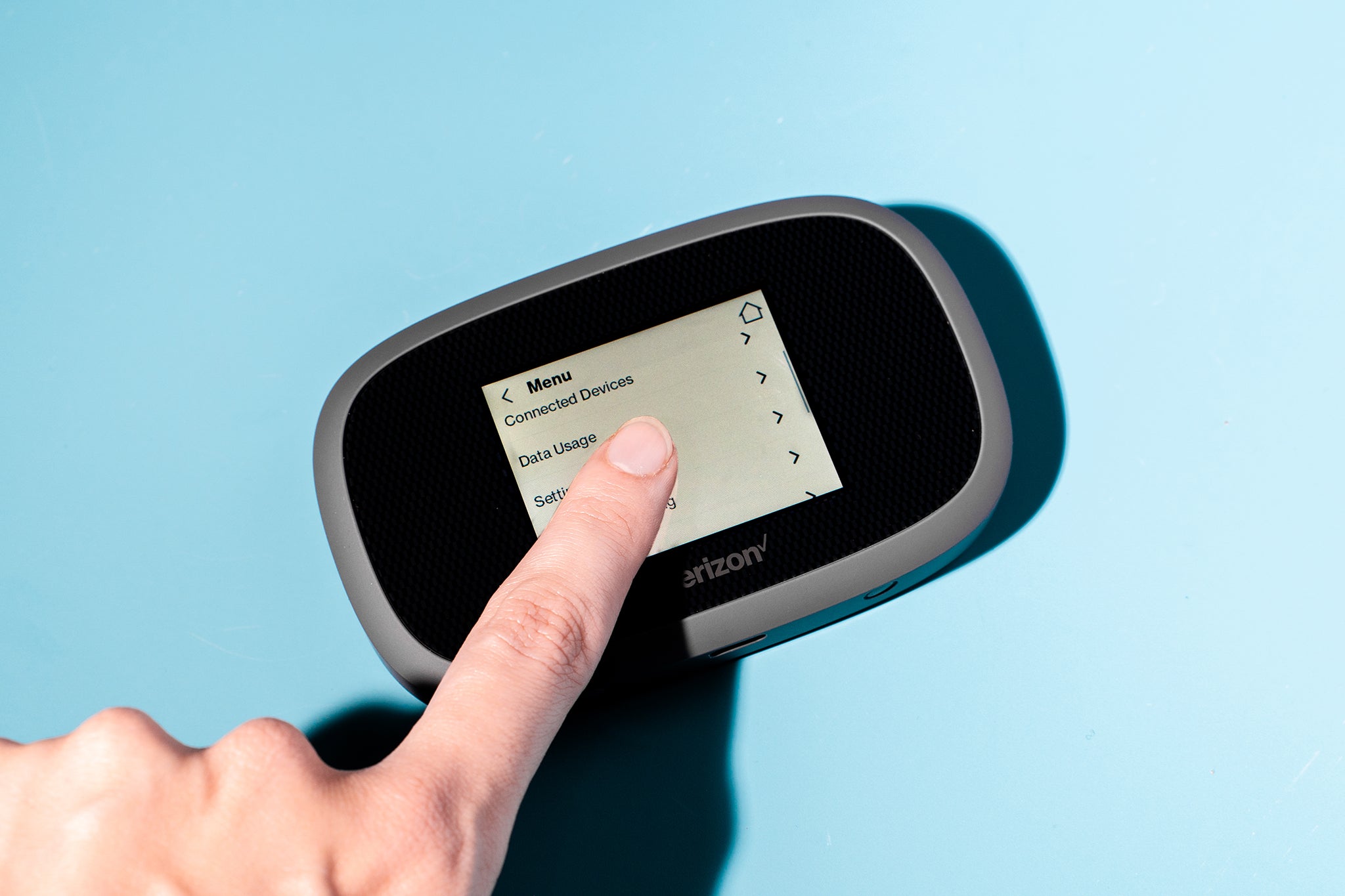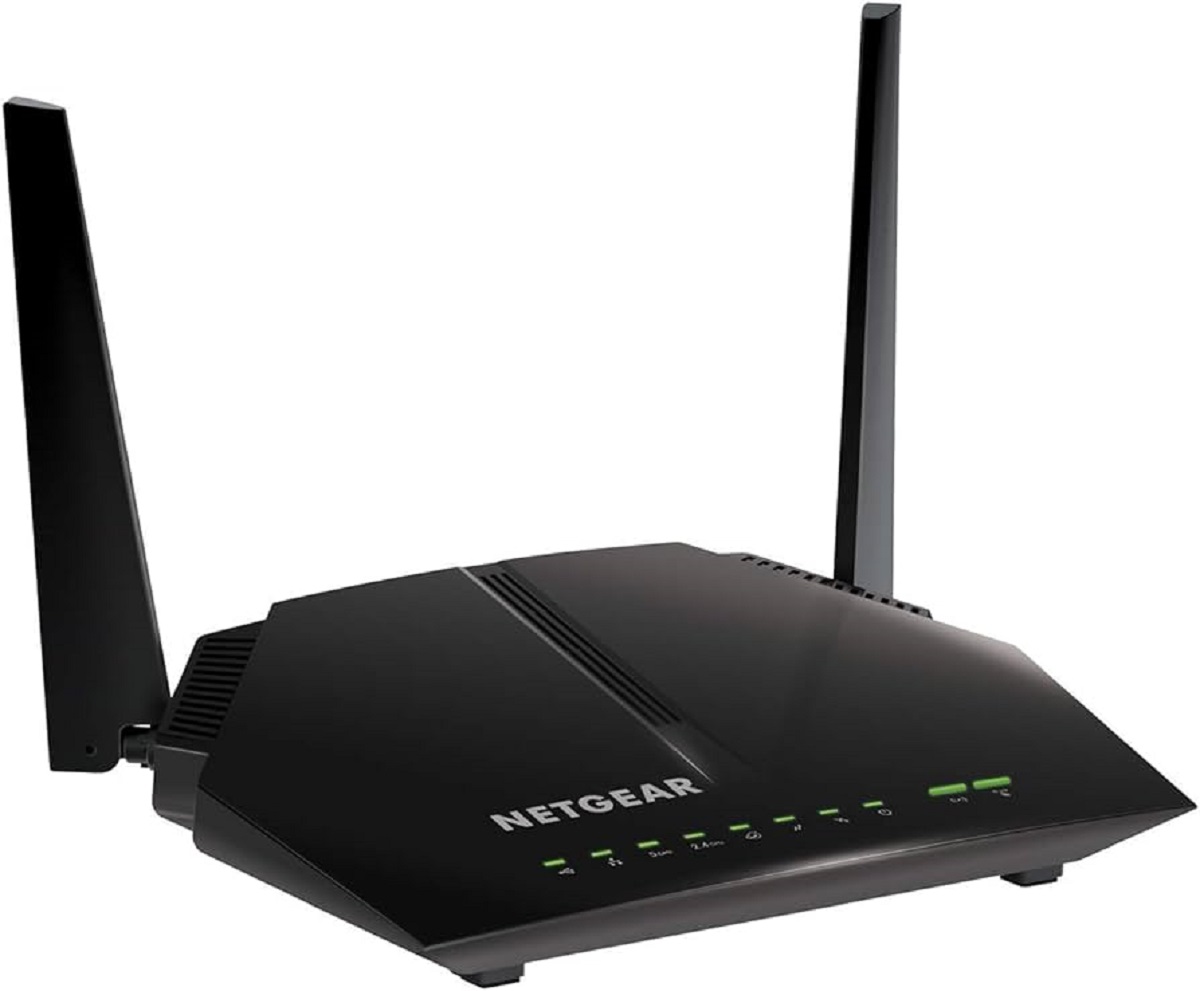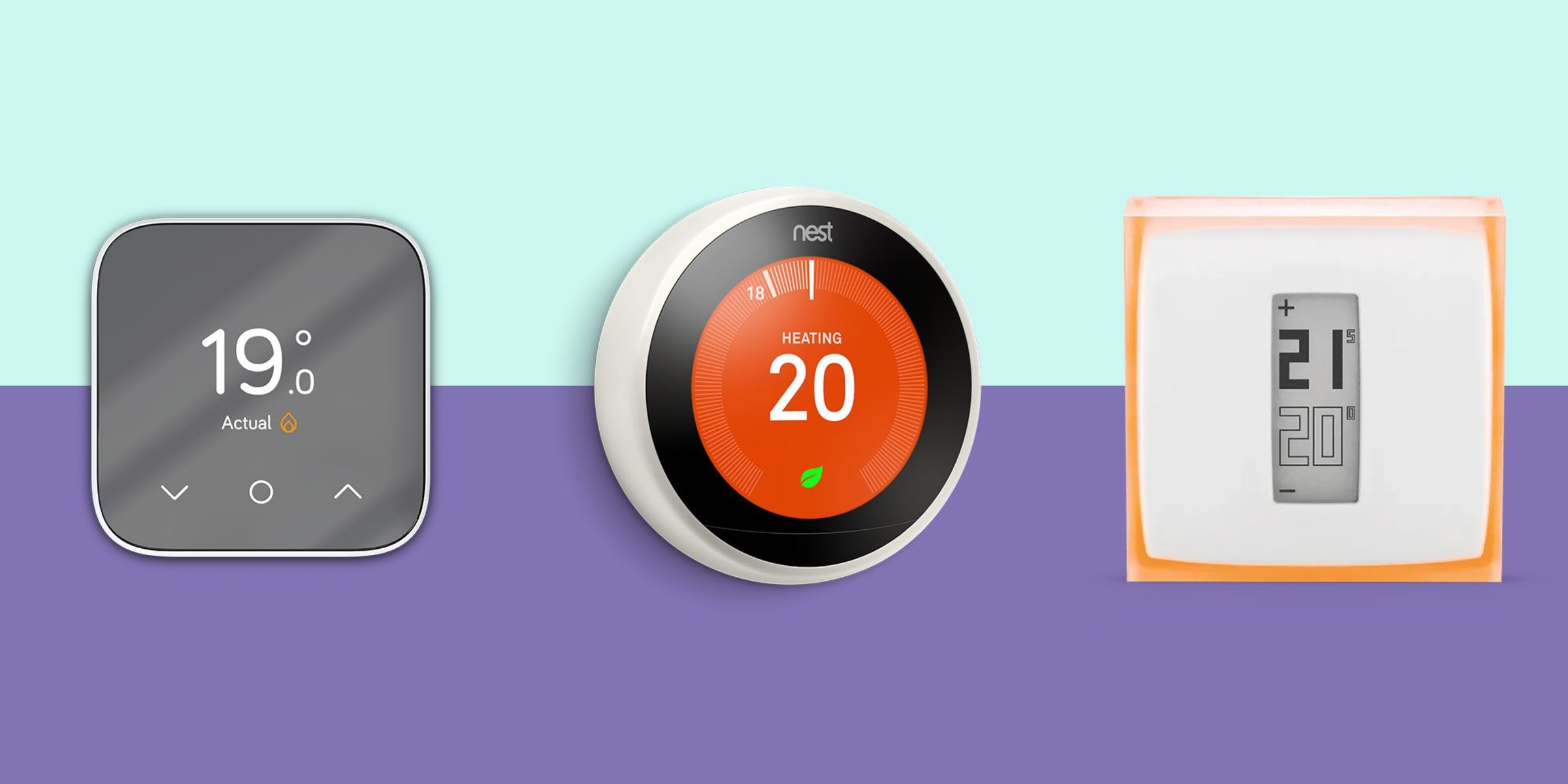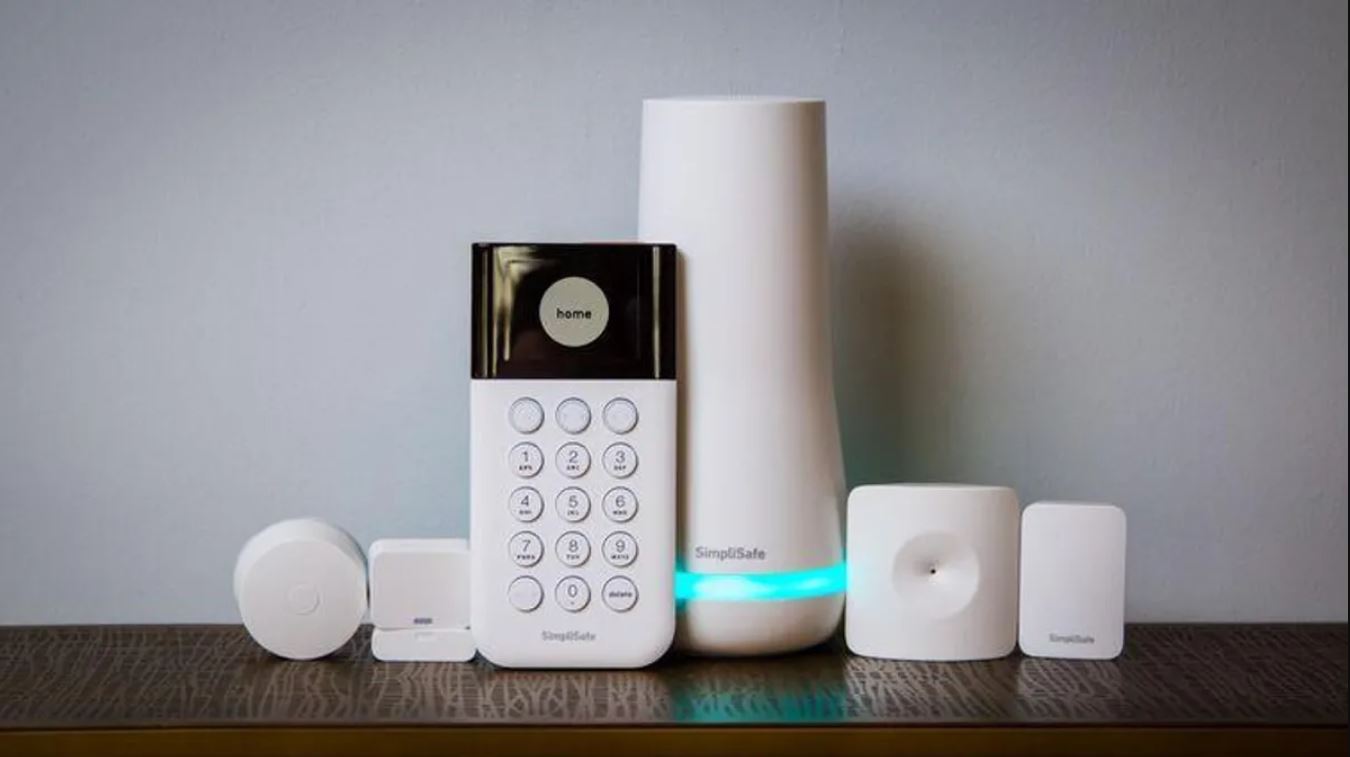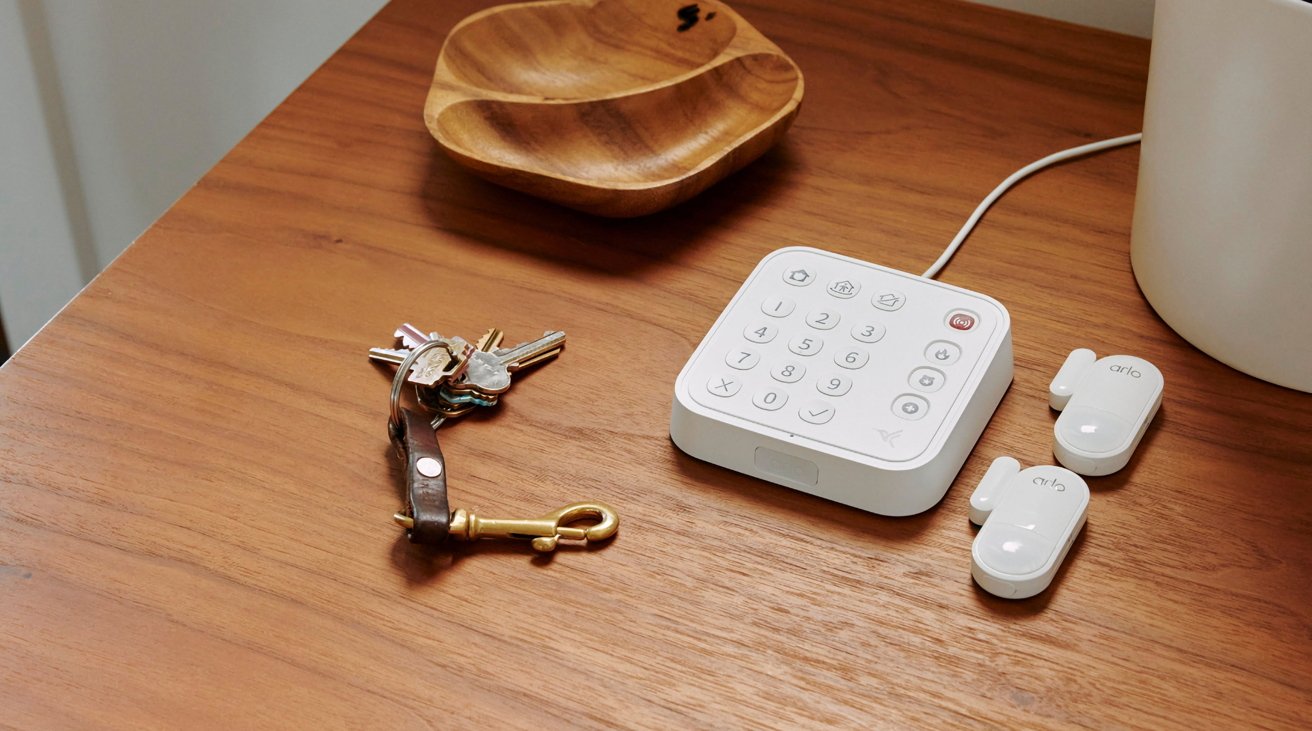Introduction
When it comes to staying connected in this digital age, having a reliable internet connection is essential. Whether you’re streaming your favorite shows, working from home, or simply browsing the web, wifi has become a necessity for most households. However, as with any utility, wifi comes with a monthly cost. If you’re wondering how much wifi costs per month, this article will provide you with the information you need.
Having an understanding of the factors that influence the cost of wifi, as well as the types of wifi packages available, can help you make informed decisions and find the best deal for your needs. Moreover, considering additional costs associated with wifi, such as equipment fees and installation charges, is crucial for budgeting purposes.
In this article, we will delve into the various factors that affect the cost of wifi, the types of wifi packages available, the average monthly cost you can expect to pay, tips for finding cheap wifi deals, and additional costs that may arise. By the end, you will have a clearer picture of how much you might be spending on wifi each month.
Factors that Affect the Cost of Wifi
The cost of wifi can vary depending on several factors. Understanding these factors can help you determine why prices may differ and make a more cost-effective decision. Here are some key factors that influence the cost of wifi:
- Internet Service Provider (ISP): The first and most significant factor is the internet service provider you choose. Different ISPs offer various packages and pricing structures, so it’s essential to research and compare options in your area. Some ISPs may have a monopoly in certain regions, resulting in higher prices due to limited competition.
- Internet Speed: The speed of your wifi connection is another crucial factor. Higher-speed packages typically come with a higher price tag. Consider your internet usage requirements – if you’re a heavy streamer, gamer, or work-from-home professional, opting for faster speeds may be necessary.
- Data Allowance: Many internet providers impose data caps or limits on the amount of data you can consume each month. Plans with higher data allowances tend to be more expensive. If you’re a heavy data user, you may need to consider unlimited data options, which are usually priced higher.
- Contract Length: The length of the contract you commit to can affect the cost of wifi. ISPs often provide discounted rates for longer-term contracts, such as one or two-year agreements. However, be cautious when signing long-term contracts as they may come with early termination fees if you decide to switch providers before the contract’s end.
- Bundled Services: Some ISPs offer bundled packages that include additional services like TV and phone. While these bundles may seem attractive, they can also increase the overall cost of your monthly bill.
- Promotional Offers: ISPs frequently run promotional offers and discounts to attract new customers. These offers may include reduced prices for an initial period or benefits like free installation or equipment. Be sure to consider any introductory rates that may increase after the promotional period ends.
By considering these factors, you can assess your needs and priorities to find a wifi package that fits your budget and provides the necessary speed and data allowance for your internet usage habits.
Types of Wifi Packages
Wifi packages come in various forms, each catering to different needs and preferences. Understanding the different types of wifi packages available can help you select the one that suits your requirements. Here are some common types of wifi packages offered by internet service providers:
- Basic Internet: Basic internet packages offer standard speeds suitable for light web browsing, email, and social media use. These packages are typically the most affordable option and are ideal for households with minimal internet needs.
- Standard Internet: Standard internet packages provide faster speeds than basic packages and are suitable for moderate internet usage. They can handle activities such as streaming videos, online gaming, and downloading files.
- High-Speed Internet: High-speed internet packages are designed for heavy internet users who require fast and reliable connections. These packages are suitable for households with multiple devices, streaming 4K videos, and online gaming.
- Business Internet: Business internet packages are tailored for commercial use. They often offer faster speeds, priority technical support, and additional features to support the needs of businesses such as VPN connections, static IPs, and enhanced security.
- Fiber Internet: Fiber internet packages use fiber-optic technology to deliver incredibly fast and reliable internet speeds. While fiber internet availability may be limited to specific areas, it offers unmatched performance for downloading, streaming, and online activities.
- Wireless Internet (Mobile Hotspot): Wireless internet packages provide internet connectivity on the go. These packages use cellular data networks to provide wifi access through a mobile hotspot device. They are suitable for travelers or as a backup internet option.
- Bundled Packages: ISPs often offer bundled packages that combine internet, TV, and/or phone services. Bundled packages can provide convenience and potential cost savings for households that require multiple services.
It’s important to assess your internet usage requirements and consider factors such as the number of devices connected, desired speeds, and budget when choosing a wifi package. Keep in mind that some ISPs may offer customizable packages, allowing you to tailor the internet speed and data allowance to your specific needs.
Average Monthly Cost of Wifi
The average monthly cost of wifi can vary depending on several factors, including the internet service provider, the type of package, and the location. While it is challenging to provide an exact figure, we can provide a general idea of the average costs you can expect.
Basic internet packages typically range from $20 to $50 per month, providing standard speeds suitable for light internet usage. Standard internet packages with faster speeds can range from $40 to $70 per month. High-speed internet packages, ideal for heavy internet users, can cost between $70 and $100 per month.
Fiber internet packages, known for their exceptional performance, can be pricier, ranging from $50 to $150 or more per month, depending on the provider and the speed offered. Business internet packages can start from $100 per month and go up significantly depending on the specific needs of the business.
Bundled packages that include internet, TV, and phone services generally range from $100 to $200 or more per month, depending on the package’s offerings and the provider.
Keep in mind that these are average costs and can vary based on factors such as the region, competition among ISPs, and promotional offers. Additionally, some ISPs may require additional fees for equipment rental, installation, or early termination.
To get a better understanding of the costs in your specific area, it is recommended to check with local internet service providers or use online comparison tools that provide pricing information based on your zip code.
Remember, the cost of wifi is an ongoing expense, so it’s important to find a balance between your budget and the internet package that meets your needs. Assess your internet usage requirements and consider the factors discussed earlier to determine the best value for your money.
Tips for Finding Cheap Wifi Deals
Finding affordable wifi deals can help you save money while still enjoying a reliable internet connection. Here are some tips to help you find cheap wifi deals:
- Compare Prices: Research and compare prices from different internet service providers in your area. Look for special promotions and discounted rates for new customers.
- Bundle Services: Bundling your internet with other services such as TV or phone can often result in cost savings. Explore bundled packages offered by ISPs and assess if these combinations meet your needs.
- Check for Promotions: Keep an eye out for promotional offers, introductory rates, or discounts available from ISPs. These deals can provide significant savings, especially in the first few months of the contract.
- Consider Lower Speeds: Evaluate your internet usage requirements and consider opting for a lower-speed package if it meets your needs. Lower-speed packages generally come with lower monthly costs.
- Negotiate or Ask for Discounts: Don’t be afraid to negotiate with your ISP for better deals or ask if there are any available discounts. Sometimes, ISPs have hidden promotions that are not publicly advertised.
- Check for Hidden Fees: Before signing up for a wifi deal, carefully review the terms and conditions to identify any hidden fees or additional costs. These fees can include installation charges, equipment rental fees, or early termination penalties.
- Consider Long-Term Contracts: Some ISPs offer discounted rates for longer contract periods, such as one or two years. If you are confident that you will be staying with your current ISP for an extended period, a long-term contract could potentially save you money.
- Compare Internet Speeds: Evaluate whether you truly need the highest internet speeds available. If you are a light internet user, opting for a lower-speed package can be more cost-effective without compromising your browsing experience.
- Explore Local ISPs: Don’t overlook smaller, local internet service providers in your area. They may offer competitive prices and personalized customer service.
- Seek Recommendations: Ask friends, neighbors, and colleagues about their internet service providers and the deals they have. Getting recommendations from people you trust can help you find reliable and affordable options.
By implementing these tips and conducting thorough research, you can increase your chances of finding a cheap wifi deal that meets your needs and fits within your budget. Keep in mind that affordability should not be the sole determining factor. Ensure that the ISP you choose also offers reliable service, good customer support, and meets your internet speed and data requirements.
Additional Costs Associated with Wifi
While the monthly cost of wifi is the primary expense, there may be additional costs associated with your internet service. It’s essential to be aware of these potential expenses before signing up for a wifi package. Here are some common additional costs to consider:
- Equipment Fees: Some internet service providers require you to rent or purchase their modem or router to use their services. These equipment fees can add to your monthly bill. Consider buying your own modem and router, as it may be more cost-effective in the long run.
- Installation Charges: ISPs may charge a one-time fee for installation. This fee covers the cost of setting up the internet connection and ensuring it works correctly in your home. Some providers offer free installation as part of promotional offers, so it’s worth checking if you can take advantage of such deals.
- Early Termination Fees: When signing up for a contract with an ISP, there may be penalties if you terminate the agreement before its completion. These early termination fees can be quite substantial, so it’s important to understand the terms and conditions before committing to a long-term contract.
- Service Calls or Technical Support: If you encounter any technical issues with your wifi connection, some ISPs may charge a fee for service calls or technical support. It’s beneficial to see if your provider offers free technical support or if there are any associated costs.
- Data Overage Charges: If you have a data limit or cap on your wifi package, exceeding that limit may result in additional charges. ISPs often charge per gigabyte for data overages. To avoid these charges, consider getting a package with unlimited data or closely monitor your usage to stay within your allocated limit.
- Upgrades and Add-Ons: If you require additional features or services, such as increased internet speed, extra data, or additional email accounts, there may be additional costs associated with upgrading or adding on these features.
- Moving or Transferring Services: If you plan to move residences, some ISPs may charge a fee for transferring your wifi services to your new location. It’s important to inquire about these charges and factor them into your moving budget if necessary.
Understanding these additional costs associated with wifi can help you budget accordingly and make informed decisions when choosing an internet service provider. Be sure to read the fine print and ask your ISP about any potential extra charges before signing up for a wifi package.
Conclusion
Having a reliable wifi connection is essential in today’s digital age, but it’s important to understand the factors that influence the cost and find the best deal for your needs. By considering factors such as the internet service provider, internet speed, data allowance, contract length, and bundled services, you can make an informed decision that fits your budget and usage requirements.
The average monthly cost of wifi can vary depending on the type of package and the location. Basic internet packages tend to be more affordable, while high-speed and fiber packages may come with a higher price tag. Bundled packages have the potential to provide cost savings, especially for households requiring multiple services.
To find cheap wifi deals, it’s important to compare prices, check for promotions, consider lower speeds, negotiate or ask for discounts, and explore bundled options. Keep an eye out for hidden fees such as equipment rental, installation, or early termination charges.
Additionally, be aware of potential additional costs associated with wifi, including equipment fees, installation charges, early termination fees, service calls, data overage charges, and upgrades/add-ons.
By implementing these tips and being mindful of potential expenses, you can find an affordable wifi package that meets your needs and provides a reliable internet connection. Remember to assess your internet usage requirements and consider factors beyond cost, such as service quality and customer support, when selecting an internet service provider.
With the right wifi package, you can enjoy seamless internet connectivity, stay connected with loved ones, and make the most of online opportunities, all while staying within your budget.









